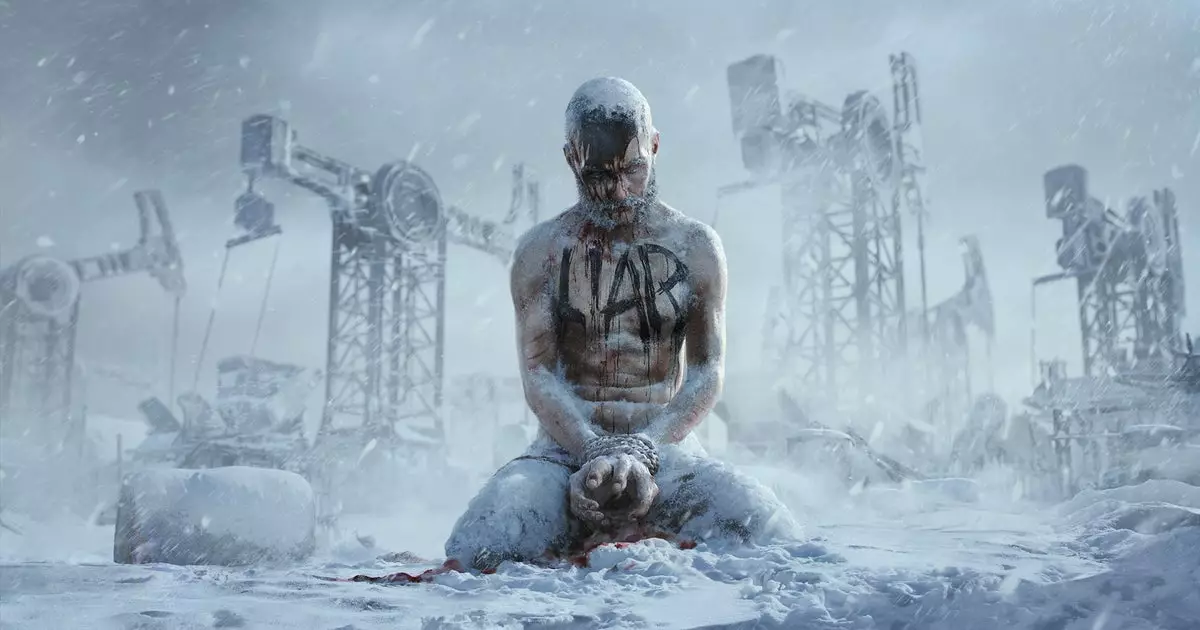The gaming industry remains an ever-evolving landscape, where the delicate balance between creativity and market viability is crucial for a developer’s success. Recently, 11 bit studios, known for their acclaimed title Frostpunk, made headlines by announcing the cancellation of Project 8, their first game intended primarily for consoles. This decision was influenced by both changing player interest in narrative-focused games and a range of developmental hurdles. As the studio grapples with this cancellation, we delve deeper into the implications of this move on the studio, its employees, and the broader market.
In a landscape once bursting with enthusiasm for story-rich experiences, a noticeable shift has prompted studios like 11 bit to reconsider their project priorities. The announcement underscored a dwindling fascination among players for narrative-driven gameplay, as expressed by Przemysław Marszał’s comments regarding the ambitious vision for Project 8, which was crafted under vastly different market conditions. The change in audience sentiment cannot be ignored; players increasingly gravitate toward fast-paced, multiplayer experiences or simpler, more casual distractions, reshaping the gaming fabric. It is alarming for creators, as it hints at a potential oversaturation of narrative-heavy games flooding the market during the past few years.
However, it is also critical to scrutinize this assertion. Are players genuinely less interested in deep narratives, or is the problem more nuanced? The collective gaming community has shown that they still appreciate engaging stories, but perhaps they are simply becoming more selective. In an age where content is consumed at rapid speeds, developers may need to rethink how narratives are delivered to foster sustained engagement.
Internal Challenges and Consequences
Beyond market trends, the struggle 11 bit studios faced during the development of Project 8 also played a substantial role in its cancellation. The unfortunate impact of the COVID-19 pandemic manifesting as difficulties in stabilizing the development team further complicated matters. Marszał noted that, while there were “breakthroughs and setbacks,” several critical issues remained unresolved, leading to an accumulation of delays and a spiraling production budget. This portrayal resonates with many within the industry, as the pandemic imposed unprecedented hurdles on developers and their workflow.
The ramifications of the cancellation run deeper than mere budgeting issues; team morale and job security are now at stake. The announcement is notable for its mention of potential layoffs, a situation that is far too common in development circles these days. The painful reality is several employees will face job loss, a testament to the unpredictability of the gaming industry. Yet, it is heartening to hear that more than half of the Project 8 team will be absorbed into other projects. This move mitigates immediate job loss but still leaves lingering uncertainty for affected individuals.
While Project 8 is no longer in the pipeline, 11 bit studios remains poised for development as they move onto other projects, including some that are undisclosed. The studio’s ability to pivot is vital, as the survival of small and medium-sized game developers often hinges on innovation and adaptability. The anticipated title, The Alters, presents a different avenue for storytelling—one that stretches into the realms of sci-fi and explores psychological dynamics through cloning. Such risks could potentially place the studio back in the limelight with unique offerings.
It is essential for studios to reflect on their strategic designs, drawing lessons from cancelled projects to inform future endeavors. As evidenced by their publishing portfolio, which includes both unique in-house titles and excellent third-party offerings like Moonlighter, there is an opportunity for 11 bit studios to explore various genres and narratives. The gaming community remains eager for innovation, and by diversifying offerings, they might reignite interest.
The cancellation of Project 8 underscores the vulnerability that accompanies the creative ambitions of game developers. It is not simply a matter of economic viability but a reflection on the evolving desires of gamers and the ongoing challenges faced by developers. The future landscape will be shaped not only by the studios that can adapt to these changes but also by how they engage with their community. For 11 bit studios, this moment could serve as a catalyst for growth, reflection, and rejuvenation. As they embark on new adventures, stakeholders within the gaming industry will be watching closely, hopeful for a resurgence of success amidst uncertainty.

